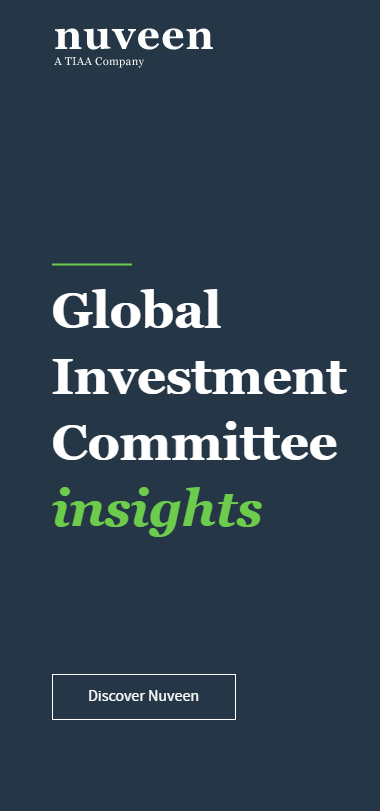
The past week was a bumper week in munis, with nearly $14 billion in new issuance. It was also one of the most volatile weeks in fixed income markets for a few years, with 10-year Treasuries moving in a 20 basis point range on Wednesday. With interest rates now close to 2016 lows, some public finance bankers and budget officers are expressing optimism at generating debt service savings and funding new projects.
For municipal issuers, a low interest rate environment can be a double-edged sword. After a series of Fed Funds increases, the Federal Reserve reversed course in what appears to be a stand-down against President Trump, who favors low interest rates (nobody is sure exactly why). Economically, the Fed’s about-face portends a potential recession, with business confidence shaken by trade wars, a slowing global economy and 2020 Presidential elections uncertainty.
A Recession, Finally? Or At Least, A Slowdown.
Most States and local governments have enjoyed growing tax revenues since 2012, with the Trump tax cuts juicing growth in 2018 and 2019. They may be in for a rude shock as business cuts back investments, consumers with-hold spending and foreign direct investment recedes.
Based on 2019Q2 tax receipts, California appears incapable of doing anything wrong (hint: it’s also called the Uber and Lyft IPO dividend) but among eastern seaboard blue states, Connecticut and New Jersey may be showing the first signs of fiscal deterioration. There is some doubt that New York State can outperform its previous fiscal year (ending 3/31) performance, which had one-off items boosting revenues.
Property Taxes May Be On The Wane
The property tax is the main revenue for school districts and local governments. In previous business cycles, low interest rates have resulted in higher real estate prices and transaction volumes. There is some evidence that low rates today may not spur real estate, for a variety of reasons including the lack of foreign buyers (particularly important for markets with luxury condos), lack of affordability and a broader shift in the housing market into a rental rather than ownership model.
Ironically, the repeal of unlimited State and Local Tax (SALT) deduction provided a huge boost to municipal securities, but the same repeal also reduced the attractiveness of real estate as an investment vehicle.
Assuming real estate grows slowly or not at all, school districts and local GOs dependent on property tax revenues will suffer. Some jurisdictions have built in value buffers i.e. the assessment values are capped at lower than market values, but such buffers only delay the inevitable – a gradual degradation of credit quality for issuers dependent on property values.
Greater Pensions and OPEB Pressure
Amid a historical economic expansion, rating agencies have upgraded most large governmental issues but continue to flag the high leverage ratios in relation to unfunded pension and OPEB (Other Post Employment Benefit, primary healthcare benefits) liabilities.
If interest rates stay low, the present value of pension and OPEB liabilities will grow. Most issuers conduct actuarial studies every few years, so a prolonged period of low interest rates will only get phased in over many years. Unless realized investment returns are superlatively higher than actuarially assumed rates (typically 7% for pensions and vary for OPEBs), unfunded liabilities will increase.
Compared to total municipal issuer debt of about $4 trillion, combined governmental pension and OPEB liabilities (note: which only represents a SUBSET of municipal issuers) are estimated to be in the $8 trillion handle, or twice as large. In other words, many issuers will experienced liability increases that are twice as large as the reduction in the value of their debt.
In the past two years, municipal bond investors have faced the challenge of low yields and compressing spread for strengthening credits.
Market participants might look back at this past week as a turning point. While yields could remain low for a longer-than-expected period, issuers’ credit quality may also be deteriorating slowly and under the radar. If this were to come to pass, there will be no easy way for issuers to regain their mojo when interest rates start to rise again.
Contact Karen Bigelow at KBigelow@buymuni.com.




1 thought on “How Low Interest Rates Could Wreck State/Local Budgets and Hurt Credit Quality”
Comments are closed.